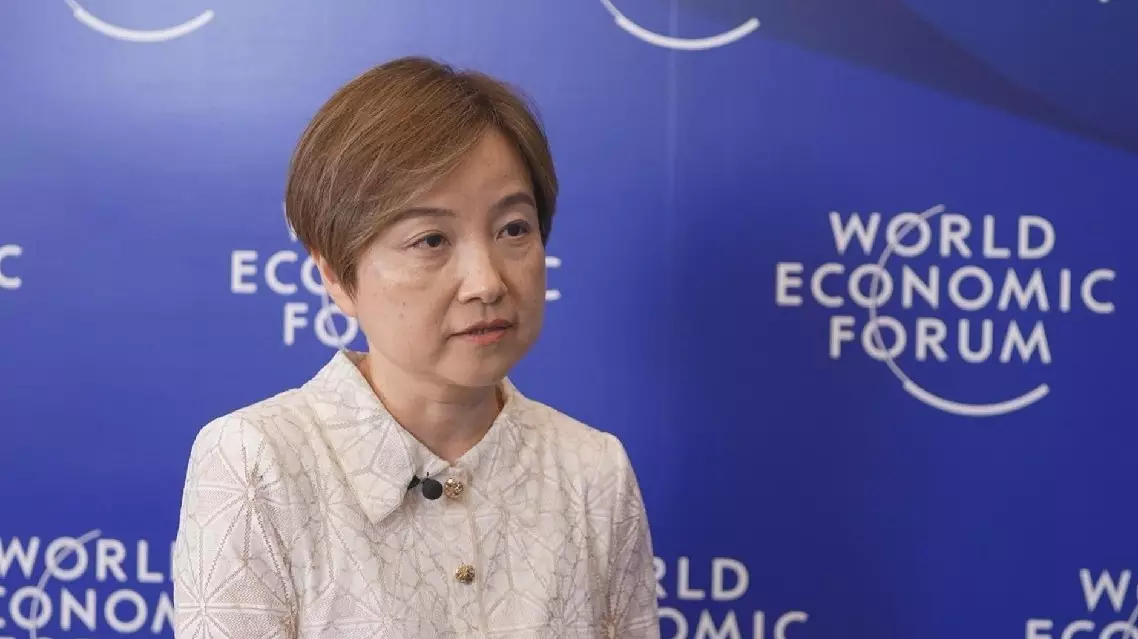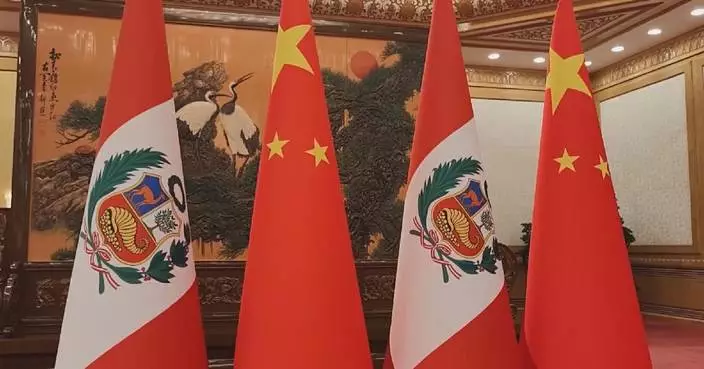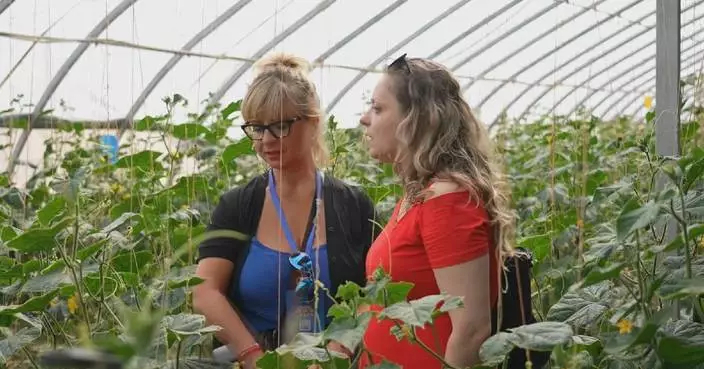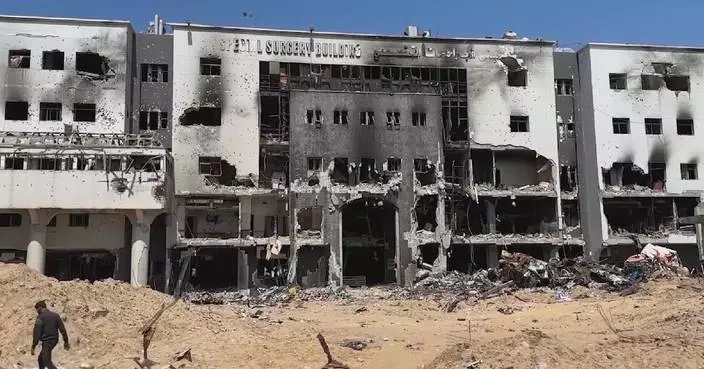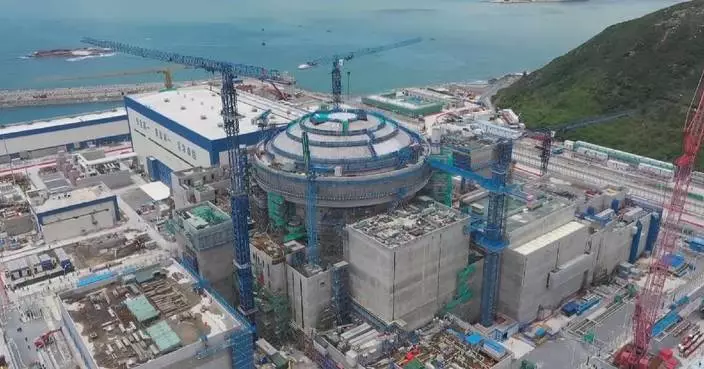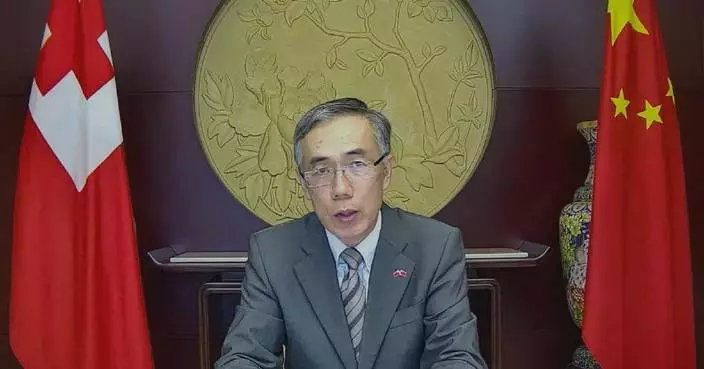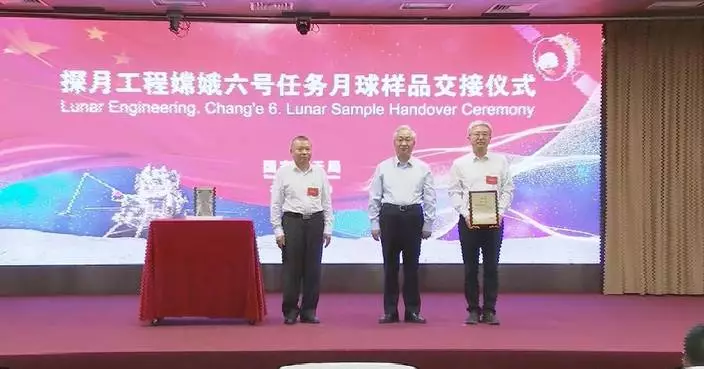The eighth China-Eurasia Expo has presented businesspeople from around the world with numerous development opportunities, injecting vitality into regional trade and fostering cooperation.
The large-scale event began Wednesday at the Xinjiang International Convention and Exhibition Center, located in the regional capital of Urumqi at the foot of the Tianshan Mountains.
Themed "New Opportunities of Silk Road, New Vitality for Eurasian Cooperation," the exhibition will run until Sunday. It has drawn over 1,900 participants from 50 countries, regions, and international organizations and showcased over 6,000 varieties of products.
The expo, which covers an area of 140,000 square meters, includes four major exhibition zones: investment cooperation, international exhibition, special industries, and equipment manufacturing.
"There are many high-quality products on display from many countries from the region. We are also very happy to participate from Pakistan. Pakistan and China are good neighbors, good partners, good brothers, so we are very determined to take our cooperation, whether it is trade, whether it is people-to-people cooperation, whether it is academic cooperation, we want to take it to new heights because this is what Pakistan-China friendship means," Pakistan's Ambassador to China Khalil Hashmi said.
The event will also host over 50 trade promotion activities, with more than 200 projects expected to be signed.
For the first time, the expo has set up exhibition halls for China's centrally-administered state-owned enterprises, enterprises using special and sophisticated technologies to produce novel and unique products, enterprises from the Guangdong-Hong Kong-Macao Greater Bay Area (GBA), and leading enterprises in Xinjiang's eight major industrial clusters, namely, oil and gas, coal, mining, grains and oil, cotton, fruits and vegetables, livestock products and new energy materials.
This year's exhibition has also set up a special pavilion for the China (Xinjiang) Pilot Free Trade Zone (FTZ), aiming to showcase the unique features, progress, and achievements of three areas: Urumqi, Kashgar, and Horgos.
As the first pilot FTZ in China's northwest border areas, Xinjiang FTZ was officially established in November 2023. The FTZ has since embarked on an array of reform initiatives, marking a robust start to its development.
From January to April this year, the total import and export volume of the Xinjiang FTZ reached 38.5 billion yuan (about 5.4 billion U.S. dollars), accounting for 27.92 percent of the total import and export volume of Xinjiang.
"We greatly anticipate that these Chinese technologies, equipment, and solutions will serve countries along the Belt and Road, contributing Chinese wisdom and Chinese strength to the building of a community with a shared future for mankind," said Dai Hegen, chairman of China Railway Construction Corporation.
The five-day event will hold three business matching sessions focusing on agricultural products, food, textiles and garments, energy, and chemical industries. These events will target Russia, Central Asia, West Asia, South Asia, and the Regional Comprehensive Economic Partnership (RCEP) members, facilitating economic and trade investments.
Since 2011, the China-Eurasia Expo has successfully held seven sessions, yielding fruitful results. More than 12,200 domestic and foreign exhibitors from more than 70 countries and regions exhibited during past expos, with a total of 2.16 million visitors.
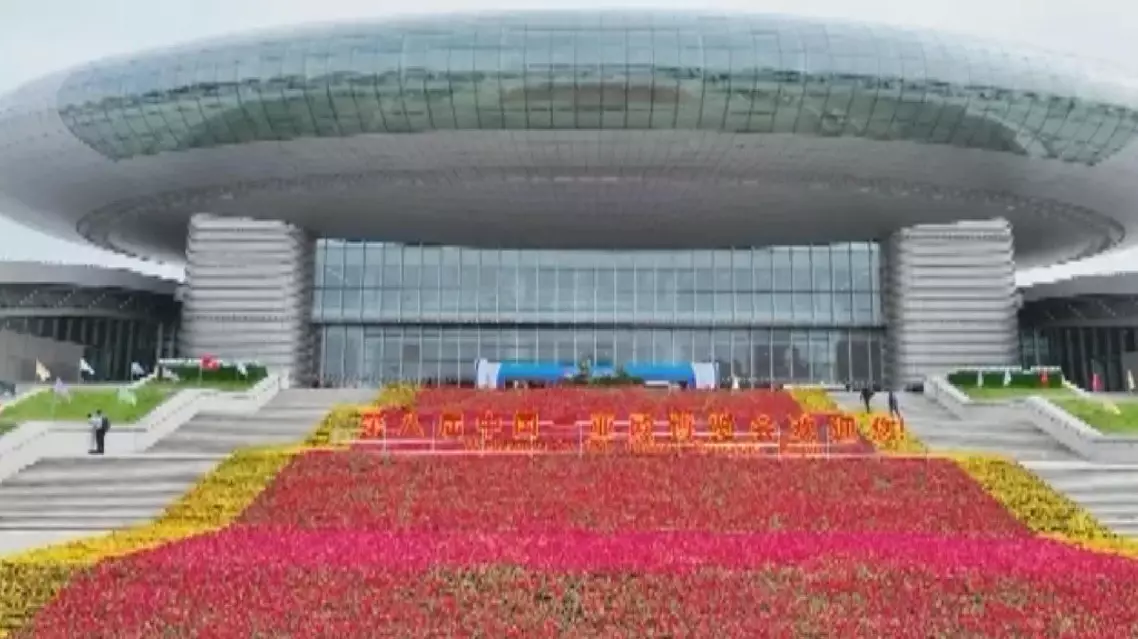
8th China-Eurasia Expo offers global business opportunities, boosts regional trade, cooperation


